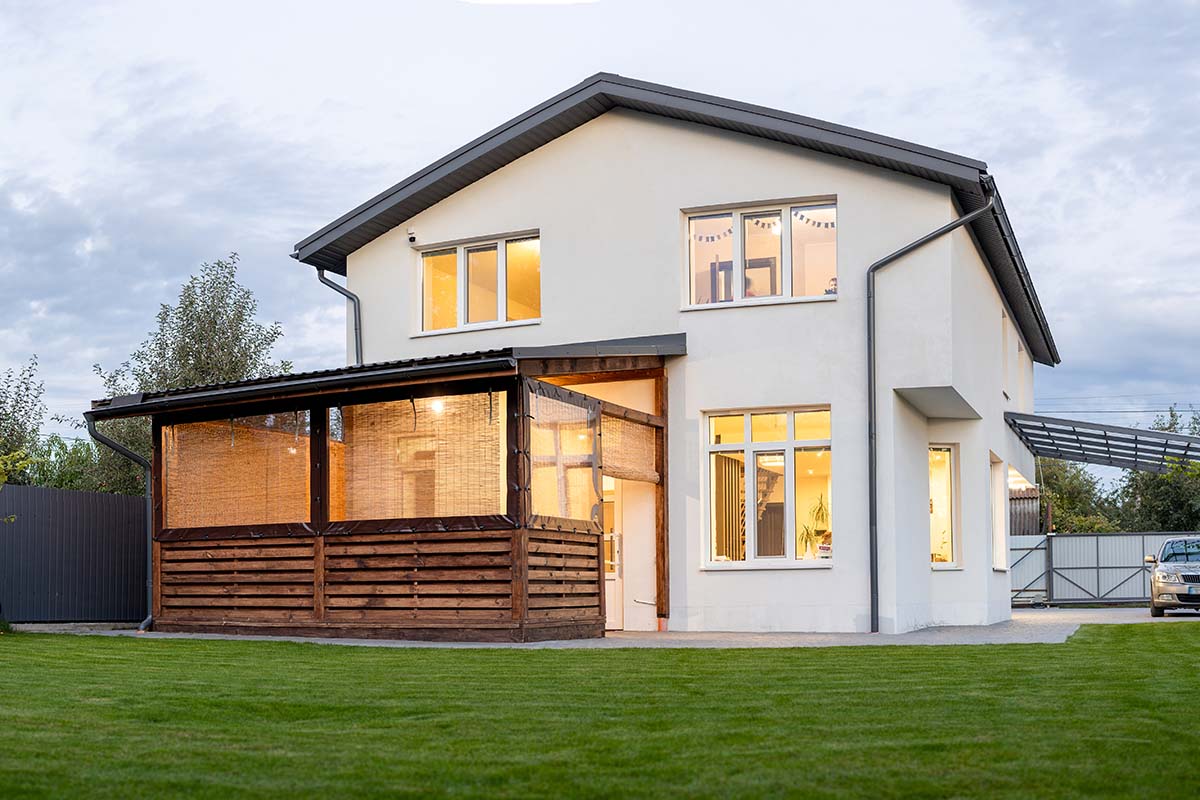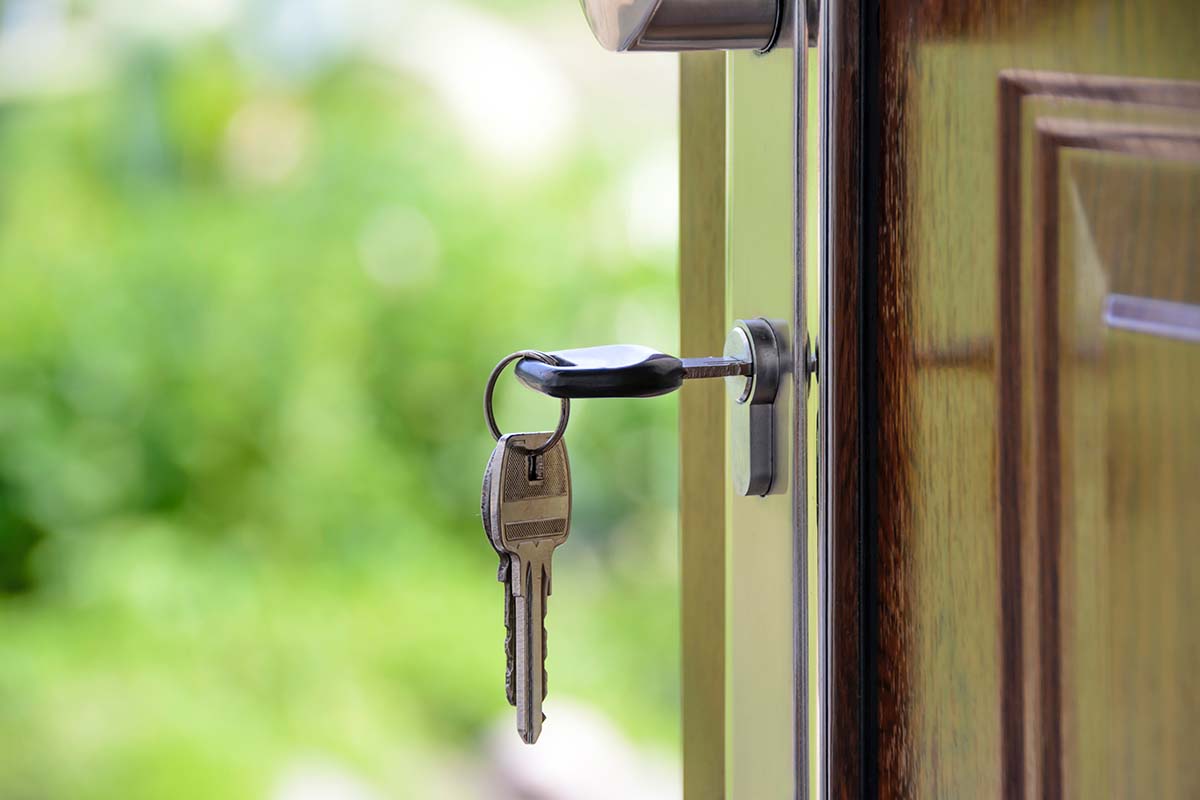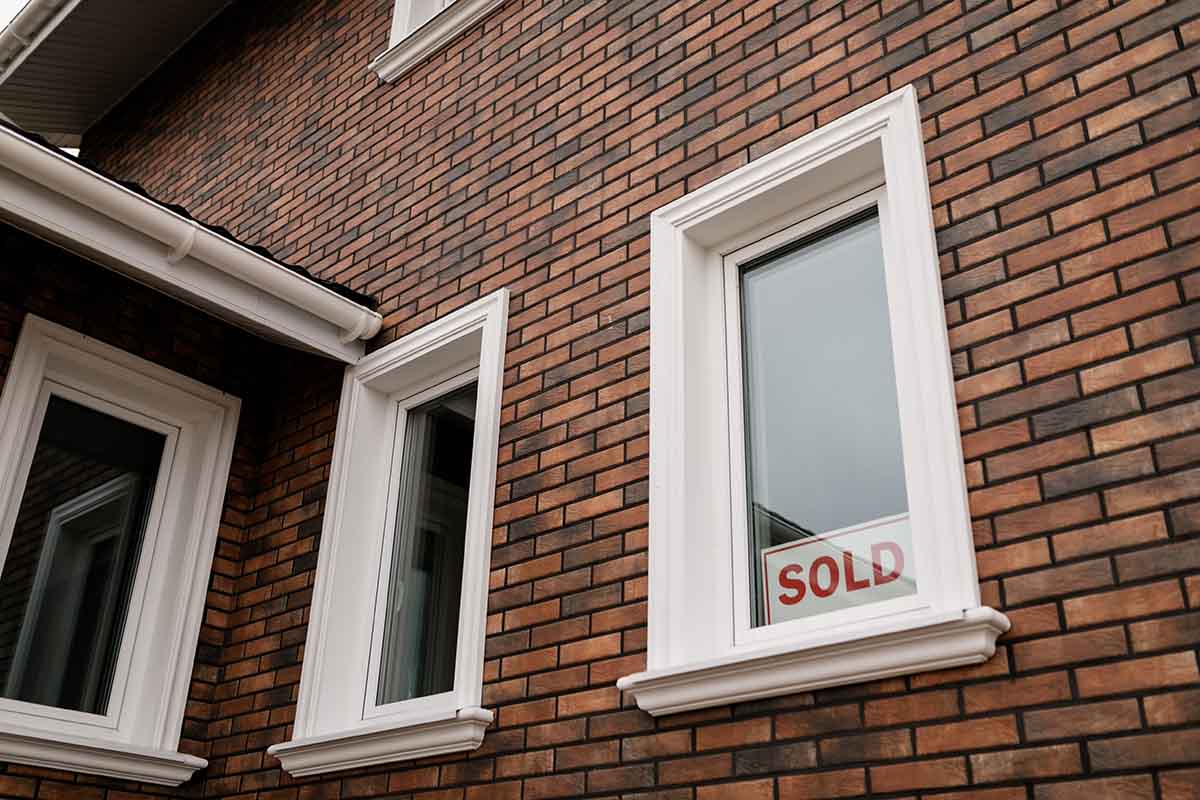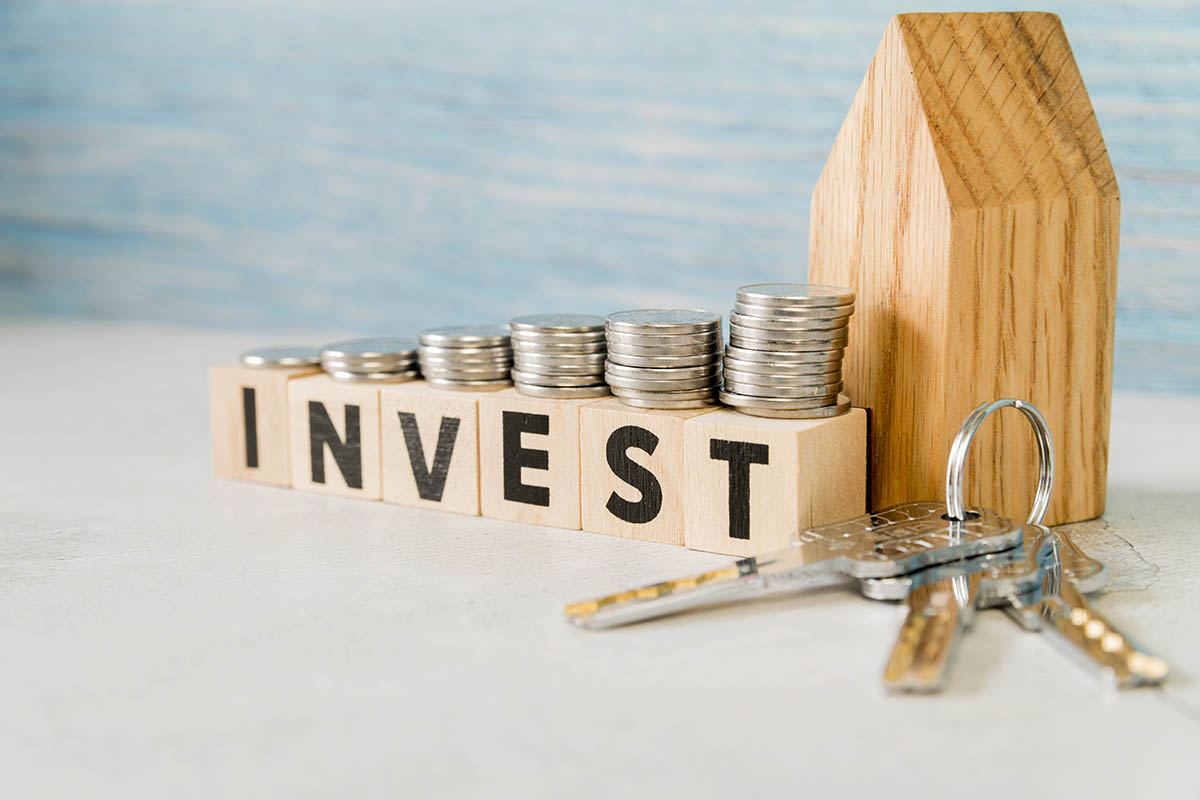Real Estate Investing: 7 Top Tips To Make Your House-Flipping Venture A Success
Thanks to a host of home improvement programs hitting our screens, the business of flipping old homes for profit looks like a breeze.
For the real estate investors we see on the box, turning houses for a profit involves very little hard work. A lick of paint here, a new kitchen there, and the property is back on the market, making them a pretty profit.
But they’re veterans of real estate. House flipping for budding entrepreneurs will take a lot more hard work and good business sense to create cash revenue.
But if you’re not afraid of getting your hands dirty, flipping homes is an excellent investment. It can be solid ground to start your new business.
To succeed in your house-flipping venture, you need to do the groundwork first.
How Does House Flipping Work?
To start, let’s all get on the same page as to what it means precisely to flip a house. Real estate investment, more commonly known as ‘flipping’, is a strategy where the investor purchases the property.
They are buying it not to use it but to spruce it up and sell it for a tidy profit.
When flipping homes for a profit, the aim is to focus on the purchase and subsequent resale of a single or group of properties. Flipping frequently means investors can make the most of a steady stream of income.
And real estate investment isn’t just concerning residential buildings. It can be any property you can think of, from office spaces to commercial hubs.
Let’s get into the nitty-gritty. How do you flip a building? Like most investments, the aim of the real estate game is to purchase low and sell high.
Rather than buying and holding that property to flip for a profit, you want to complete the transaction as quickly as possible. The longer you hold onto the building, the longer your capital is at risk.
As capital is at risk, most investors focus on speed rather than reaching maximum profit. This is because each passing day incurs costs, from mortgage and property taxes to utilities and insurance. Owning property entails significant expenses.
Profit from real estate generally stems from house price appreciation or property improvements that increase resale value. Sometimes, profit arises from both factors. To maximize profit, many investors purchase fixer-uppers in areas where house prices are steadily rising, carry out renovations that significantly boost the property’s value, and then sell it.
Additionally, investors may utilize Finlay Brewer real estate services, or those offered by similar firms, which provide expertise in identifying potential properties, negotiating deals, and navigating the market for the best possible outcome.
These services can be invaluable, especially for novice investors or those seeking to streamline the flipping process.
Overall, successful house flipping requires a keen eye for opportunity, a solid understanding of the market, and the ability to execute renovations efficiently and cost-effectively. It’s a dynamic venture that can yield substantial profits for those willing to put in the effort and take calculated risks.
Where Do You Start?
If you’re a small business entrepreneur, you’ll understand that building something from the ground up requires time, money, planning, and much patience.
Prepare for the worst because this real estate venture will likely be more challenging than ever imagined.
Taking the challenge too lightly you could end up losing money rather than making any. So you want to make an investment in real estate by flipping property. But where exactly do you start?
The best advice you’ll ever receive when it comes to any investment is to figure out how to limit the risk to your finances while maximizing the potential return. You’ll want to buy a property for a great price. To do that, you must understand its worth and how much any repairs will cost you.
With that info, you’ll be able to figure out the ideal price for any property you want to buy to flip.
Make A Solid Business Plan
Before starting any venture, real estate or not, you’ll need a solid business plan. It’ll be vital to keep you on track, help you track profits, and secure essential investor backing.
There are plenty of templates to use online that’ll help, or you can go off your own knowledge if you’ve written one before.
To start, you want a general summary of the business that includes financial projections. Make sure to have a section on competition and demand for your new venture. Outline who’s involved, overall cost, and whether there’s enough of a need for your business.
Get The Right Permits
To operate without anyone coming after you, you’ll need the proper permits. But first, you need to choose an entity, like whether you’re an LLC or a corporation. Then you can register in your state. Registering is the first step to establishing your business legally.
Next comes your permits. Research relevant ones for your area and your state. There can be big differences in what certification you need depending upon where you operate. Finally, don’t forget to get insurance. You never know when it might come in handy.
Assemble Your Professional Team
Once you’re ready to go legally, you’ll need to assemble a professional team. Many first-timers go it alone to save money.
But getting professionals on your side is an investment and can reap higher rewards on resale. Suppliers and contractors can help you in their areas of expertise like commercial painting. Plus, they help you hit the high standards needed to turn a profit when flipping.
Other people you could approach are other investors, business partners, realtors, and legal counsel from firms such as MB Law, who are primarily dedicated to serving real estate clients. They all have excellent skills your budding real estate business may need.
Know Your Financing Options
Now comes the time to finance your big venture. And it can be a daunting task. But there are plenty of options available to you. Approaching friends and family for a loan is an excellent option if you don’t have a lot of personal equity to tap into.
You can tap into your 401(k) nest egg if you’re not near retirement age. Or you can do a combo of using your own capital along with external lenders.
Snap Up That Sweet Deal
You’ve done all the research, you’ve got financial backing, and it’s now time to get the ball rolling. Scope out your market thoroughly before settling on a property. Auctions are excellent places to bag a bargain if you’re happy to put into a lot of hard work upgrading. And traditional brokers are a safe bet for finding a property that people really want.
Simple Ways To Make Your Real Estate Investment A Success
Now that you understand what house flipping is and the basic steps needed to get you established, let’s go a step further. When starting any venture, you don’t just want it to do okay. You want it to succeed, grow, and even excel. To do that, you need to go further than just the basics of real estate investment.
Here are 7 simple tips and tricks that’ll help take your house flipping venture to the next level and become a true success.
Great Location
For real estate investments, location is everything. Great locations aren’t just what’s good now. They’re areas that are up and coming. Look for districts that are having money pumped into them. And use the knowledge of realtors. They’ll know where people are buying and areas that should be on your radar.
Know Your Market
Research the real estate market. This’ll encompass the point above and will help you pinpoint great locations. For instance, if you are looking for a property close to lots of wide open green spaces, you will know that the Upper West Side real estate market is worth looking at more closely.
But knowing your market also means knowing what they’re looking for in a house. Understanding what kind of home people want will help you streamline your property choices and the upgrades you make.
The 70% Rule
Identifying how much you can spend on property and how much you can afford to lose is critical to successful house flipping.
The 70% rule is a tried and tested way to do this. This basically means that you should pay no more than 70% of the after repair value (ARV) of a house minus the cost of repairs.
Let’s get into an example. Consider a property whose ARV is $200,00 and needs $30,000 worth of repairs.
The 70% rule says you shouldn’t pay more than $110,000 for this home. So that’s the ARV value times 0.70, then minus the value of repairs. This trick will help you avoid overpaying for property so you can reap maximum rewards.
Learn To Haggle
Getting your haggle techniques down will help you keep costs to a minimum whether that’s negotiating a lower price for the property or bringing down contractor costs, every little help. The less you invest, the more money you can earn.
Network, Network, Network
Build your network from the ground up. That goes for every part of the house flipping process, including prospective buyers. Even if you don’t have a flipped house ready to sell, having a pool of potential buyers ready to go means future properties will sell quickly.
Quality Contractors
If you’re a dab hand at DIY, then you’ll be able to save money by doing some renovations yourself. But cutting corners can lead to problems down the line.
Knowing when to get the professionals in is key to having success when flipping. And getting quality contractors is crucial. Do the hard work by researching before settling on a company to work with. It’ll pay off, big time.
Make Smart Offers
House flipping is competitive. So getting in early and making a reasonable offer is crucial. You can beat the crowds by going directly to home sellers. Settle on your highest bid before approaching them.
And stick to it. Missing out on a property is better than a bad investment.
Real Estate Investing: Final Thoughts
Just like any other business, real estate investment like house flipping requires proper research, planning, and a bit of seller savvy to be successful. In addition, investing in real estate is all about timing.
So having bucket loads of patience will be incredibly important on your property journey.
And just like any other business, the world of house flipping is fraught with pitfalls. The most common are underestimating the amount of time or money the project will demand.
Don’t overestimate your skills, no matter how well-read you are. Knowing when to bring in the big guns as professionals might just save your real estate bacon.























